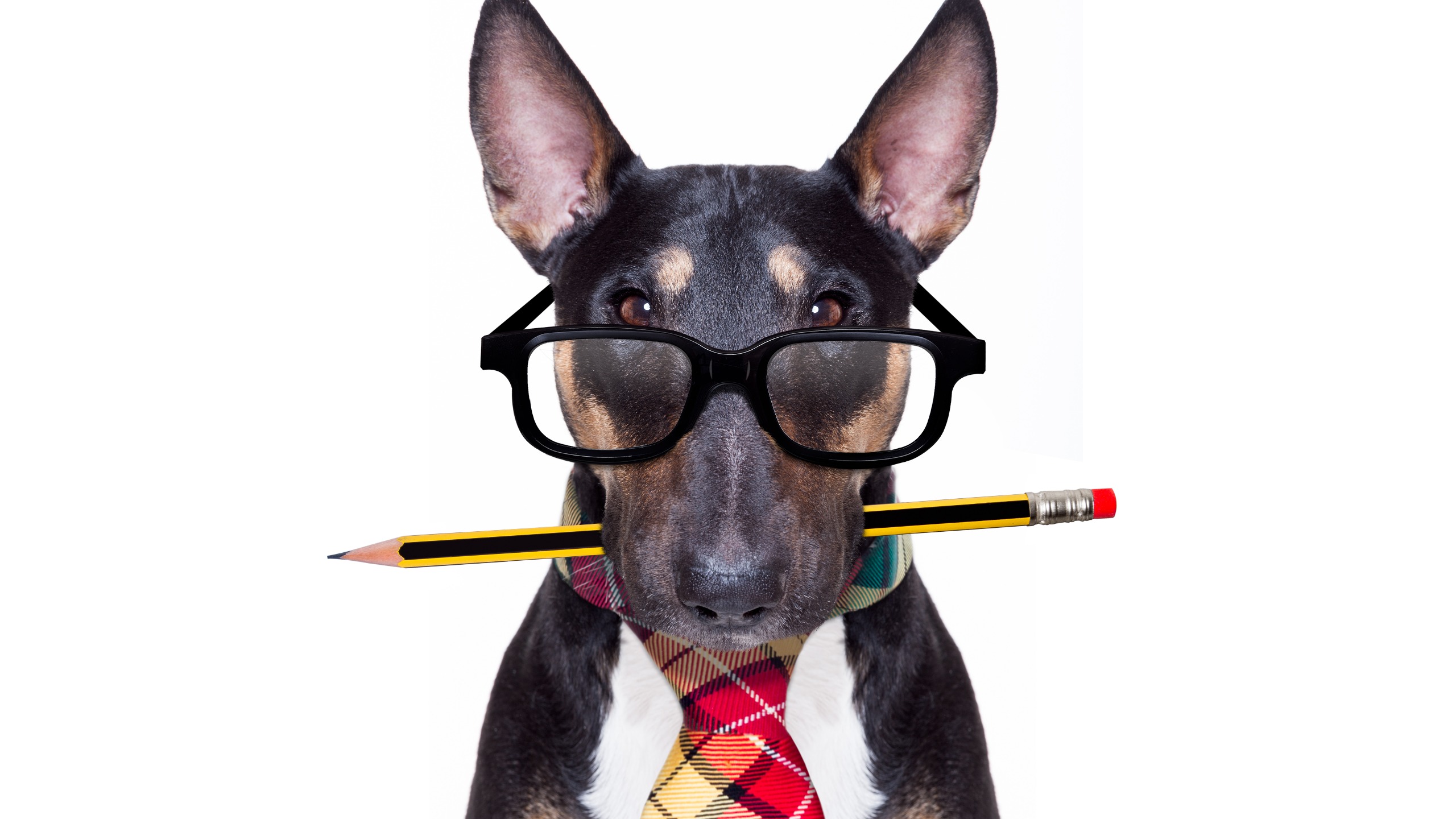
The IRS requires good recordkeeping for any deductions you claim on your tax return. No estimates or approximated values may be used – only actual records. If you’re in business for yourself, that means you need to make a record of your income and tax deductible business expenses. Without good records, if your tax return is audited, your deductions could be rejected and you could owe a lot more tax! But what exactly is good recordkeeping?
Good recordkeeping requires timely and accurate records that prove certain elements of your business expenses. Let’s unpack what that means.
What are timely and accurate records?
When you file a Schedule C, reporting your self-employed business income and expenses, you need a record of everything you counted. In short, if your return is examined, you’ll be asked for the backup evidence of every item that rolled into that total line. If you reported $8,500 of expenses and can only find a record of $7,000 of them – you’re going to have a problem. If you have to go back to your statements at that point and try to come up with support for your number, you’re likely going to struggle to make it through the audit. The IRS requires that you make a record of that information at the time you incurred the expense, or at least by the time you’ve filed for the deduction.
As a self-employed business owner, you are required by the IRS to keep a timely record of all the elements of a business expense. That means you need to capture the information roughly around when it happened. If you snap a photo of a receipt into a tracking app like BossTax, that’s a timely record of the business expense. If you forget to do that and snap a photo a few months later when you’re cleaning out your wallet, that’s still fine. You’ll have built up an electronic record that you can save as backup in case your return is audited later.
For an expense that’s straightforward, where you also have a receipt as proof, tracking isn’t that hard. If you stuff the receipt into an envelope as backup, as long as that receipt doesn’t get lost and is still legible, and everything adds up to your total filed, you are probably fine claiming that is your paper record of your business expenses. But if you lose your envelope or a receipt fades over the years after you file and becomes unreadable (for at least 3 years, and potentially up to 7 years after you filed!), you’re going to have a problem.
Okay so your stuffed paper envelope can take care of straightforward expenses. If you bought some business cards to hand out to clients, the receipt probably contains all the information you need. But what about expenses that aren’t as straightforward?
If you bought a coffee and donut, you probably need a note to explain why that was for business purposes. And if you have to jot down a cash receipt, or if you are trying to allocate part of a larger personal expense cost to a business purpose, failing to make the record in a timely way will likely result in a disqualification and cost you in back taxes and penalties.
A timely and accurate record is a listing of all of your business income and expenses, made around the time those events happened, with some note if needed to explain why it was a business expense. That doesn’t mean you have to become a professional accountant or use double-entry bookkeeping – but it does mean you should probably turn to a tracking app like BossTax and try to catch up with your tracking at least once a year and preferably even every few months.
Proving certain elements of a business expense
What pieces of information do you need to prove about a business expense? And what counts as proof?
Generally, the pieces of information you must be able to prove about a business expense are:
- the date
- amount
- a place or description,
- the “essential nature” of the expense, and
- the business purpose or business relationship
Most receipts include the first three pieces of information, so you’re almost done if you just keep a record of the receipt. You can snap a photo into the free BossTax app and those pieces of information will be read automatically and categorized into your business record.
Next, what is the “essential nature” of the expense? Let’s say you have lunch at a hotel restaurant with a customer so that you can discuss a prospective sale. The receipt says “The Boston Hotel”. But your expense wasn’t for a hotel stay, it was for a meal. In order to prove the essential nature of the expense, the document should also include some information that helps establish what you spent the amount on – like “The Dining Room” or “Chicken Caesar Salad”. If your receipt doesn’t come with that information, jot it down before you snap a picture and you’ll have a timely and accurate record.
Now you just need to add information about the business purpose of the expense, or the business relationship between the parties. In some cases, the business purpose is obvious from the context, and you don’t need to make an additional written record of the business purpose. For example, if you sell dental supplies, and drive a regular sales route to call on your dentist office clients, it’s sufficient to just record the trips – you don’t have to write down each time that the business purpose was a sales call or delivery. Or if you always order the same materials from a supplier for your business, you can record once what that supplier provides for your business.
But if it’s not obvious, you should make a timely note. For example, if you bought an espresso machine for your front lobby, you should make a note of that – otherwise you may have difficulty later establishing that it was indeed a deductible business expense. Or for that coffee and donut – make a note that it was for a client meeting or while you were traveling for work, to make sure that you can deduct that.
How long to retain records
How long do you have to keep all of these records? In general, you should save the records for 3 years after the date you file. Outside of that time period, you’re generally past the time when the IRS would examine your return, so you should be in the clear to clean out your file cabinet.
However, in some cases the IRS can examine your records going back up to 7 years. The time period for examining a tax return varies based on the specific circumstances of your return and the types of mistakes (or intentional changes/omissions) that might have been made. In some cases, states may go back even further.
You don’t need to keep a roomful of records though – making an electronic record allows you to create a cloud-based backup that’s easy to store for as long as you need it. BossTax allows you to export an Audit Archive that will keep your complete record of income and expenses, including photo image files, and will even save it for you so you have somewhere to go if you do get audited.
What if I didn’t keep good records for 2022?
We get it, we’re all busy and things slip! Deduct what you can based on the records you do have, and see our article, What to do if your records are incomplete.





